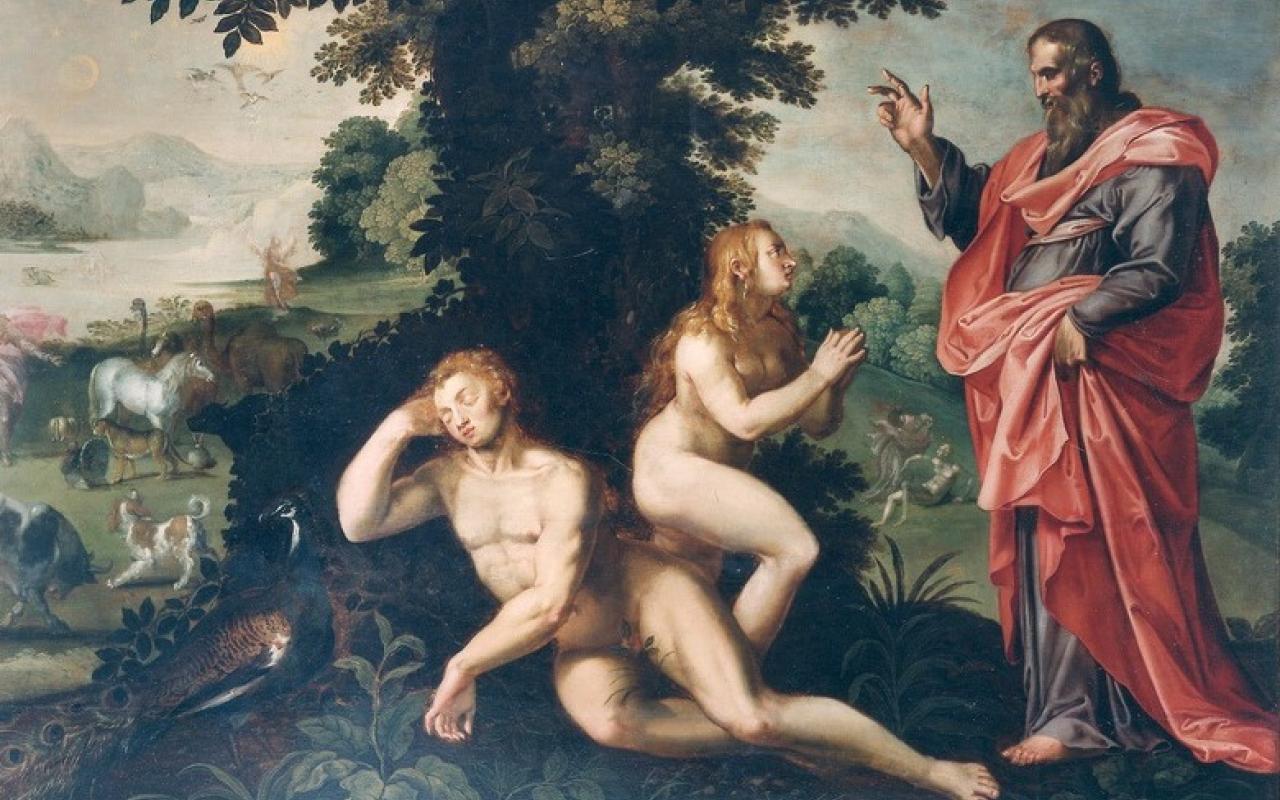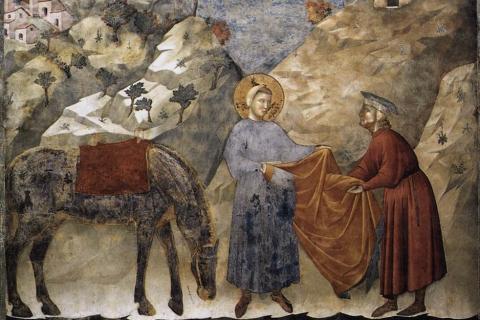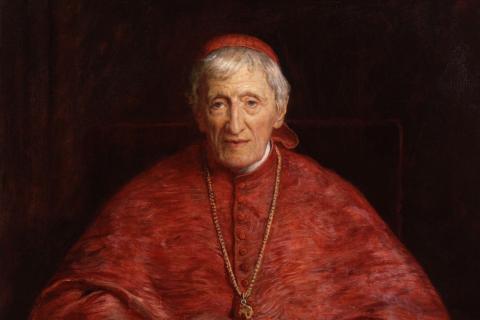
How we view human dignity impacts how we arrange our social communities, businesses, governments, and nations. How does the Christian belief that we are made in the image and likeness of God play a role?
A previous article highlighted the role of reason in regard to Catholic social teaching, noting what can be ethically known for the just ordering of society based on the light of human thought. The article also pointed out that certain truths can only be known by the light of what God has revealed directly to us from heaven. As God has revealed Himself to us in very personal ways, He has also instructed that we are made in His image and likeness. This Christian teaching of being formed in God’s image forms a crucial foundation upon which the social teachings of the Church are built.
Influential voices in our contemporary culture remind us to “express ourselves” and to “be true to ourselves.” These frequent slogans have become so normalized that many young people believe the whole purpose of life is to find fulfillment through self-determination and assertion. Yet if our purpose is reduced to one’s self-definition, it becomes difficult to find a common mission that unites us as a human family, or any grounds upon which each person should be respected.
The goal of each life cannot be diminished to a personal project of self-interpretation and self-revelation. Rather, the Catholic vision sees each man and woman as made in the image and likeness of God. It is the Creator who defines our true nature and mission, and thus, each person should be seen as unique and unrepeatable. God orders each person toward the transcendent, giving all a capacity to live in relationship with Him. And He endows each person with natural rights that come with responsibilities toward the common good.
By prioritizing the role of the Creator, the human person is not minimized or forgotten. Rather, it is only by keeping our eyes fixed on God that we are able to see our fullest dignity, heritage, and destiny. For if each person were to remain trapped in his or her own individualized meaning, the bonds that unite us as a family and the goals that we pursue as a civil society would become arbitrary.
Modern theories of Humanism emphasize the use of reason, scientific inquiry, and personal fulfillment. Yet the Church’s vision of the human person runs far deeper. For when each person is understood to be made in the image of God, their fullest dignity can be realized in light of an inherent worth that originates in the divine, in a source outside of each person’s self-determination.
If we do not see our brothers and sisters as equal before God, how will we agree on the limits of personal freedom in our relationships and in our sense of boundaries? If we are not equal as God’s children, how will we balance the just use of purchased goods, private property, and natural resources? If we are not all bound to an eternal and divine standard of justice, how can we have a shared understanding of equality in issues regarding labor, economics, and immigration? And if our natural rights are not seen as originating in our Sovereign God, on what grounds will we ever find equality under political authority and/or within democratic governments?
The ways in which we view the dignity of each person have dramatic consequences in how we arrange social communities, businesses, governments, and nations. Fortunately, our Catholic tradition provides us a means to understand our common identity in our equality before God. For He made us in His likeness and has invited us to share in His divine life. What deeper vision could be found to unite us as a human family and give dignity to each man and woman, than to have such a noble beginning and such an eternal calling?

